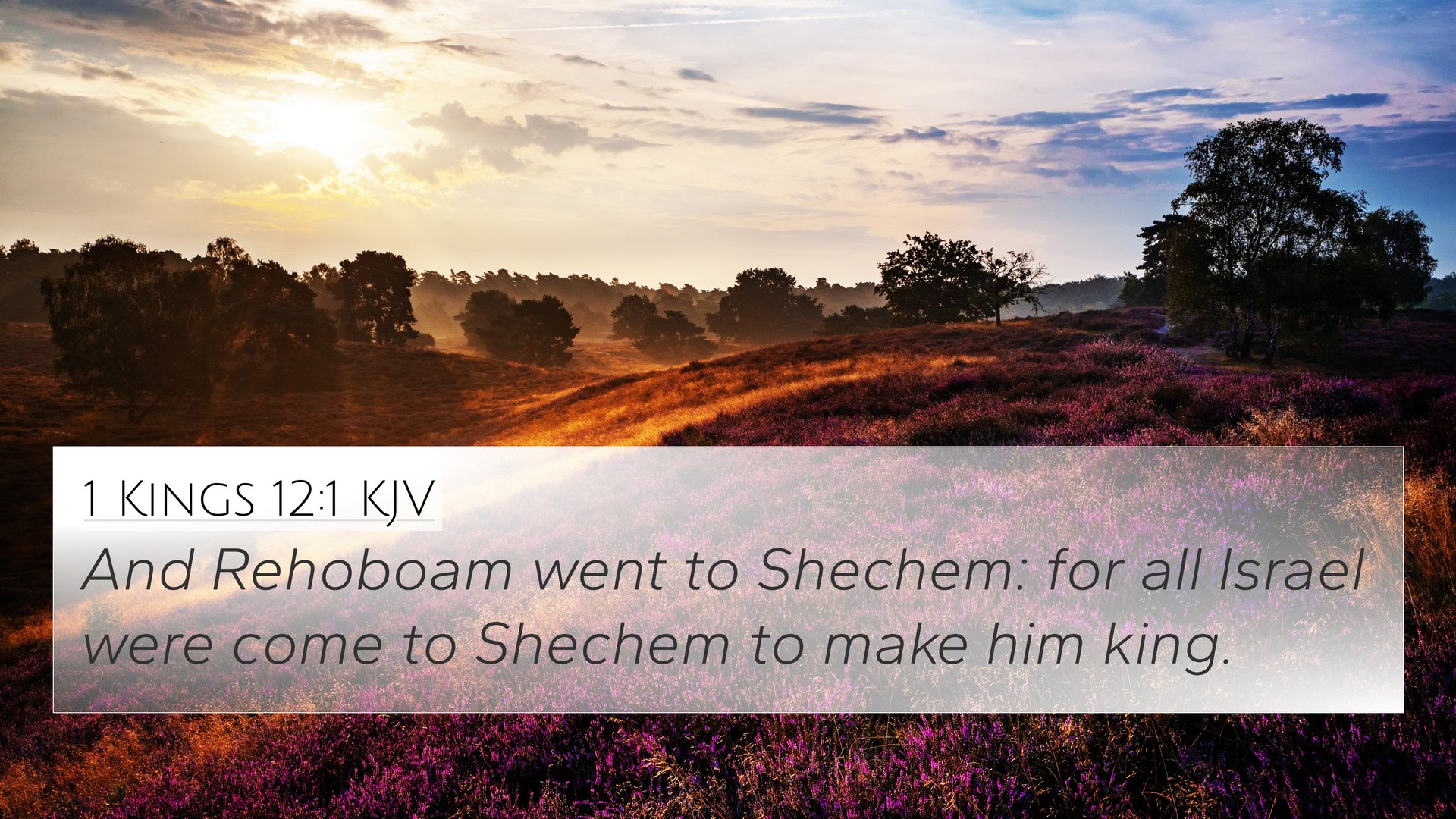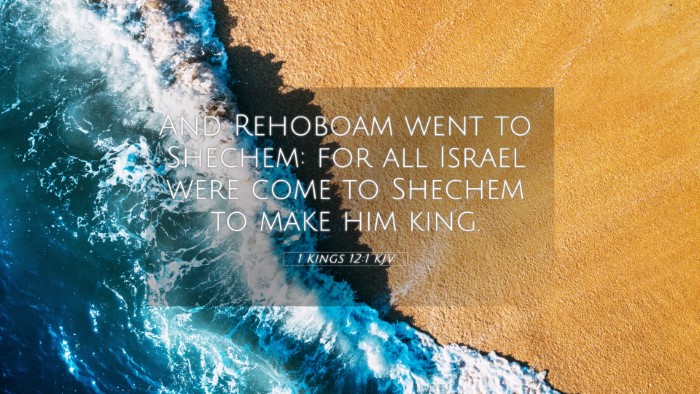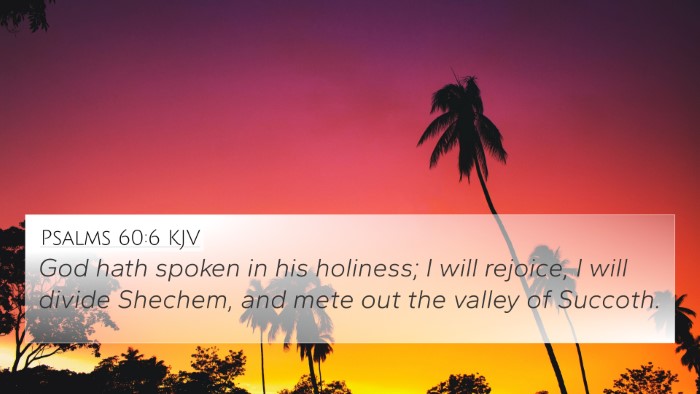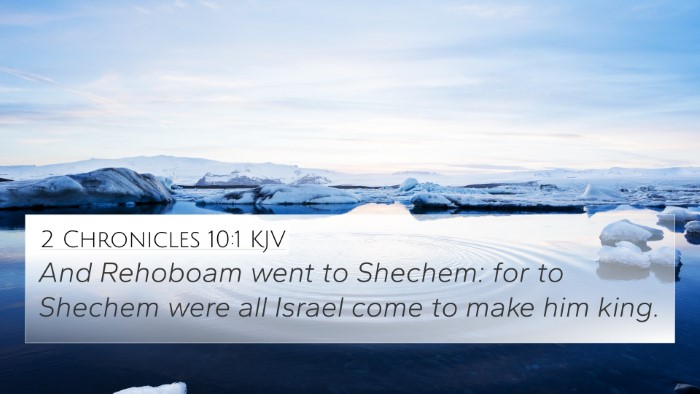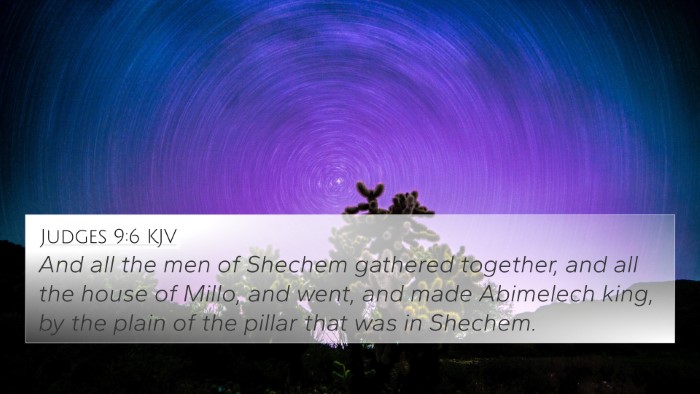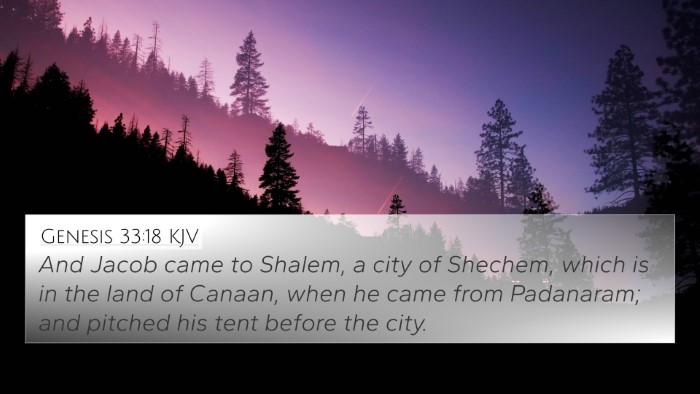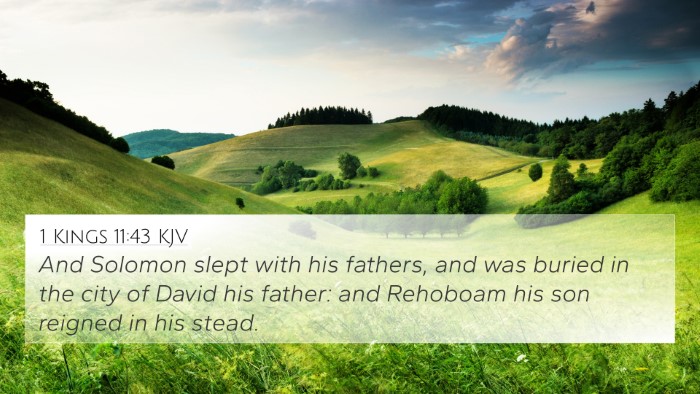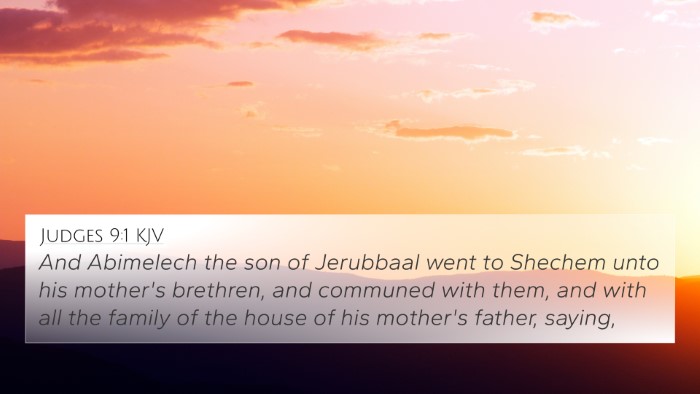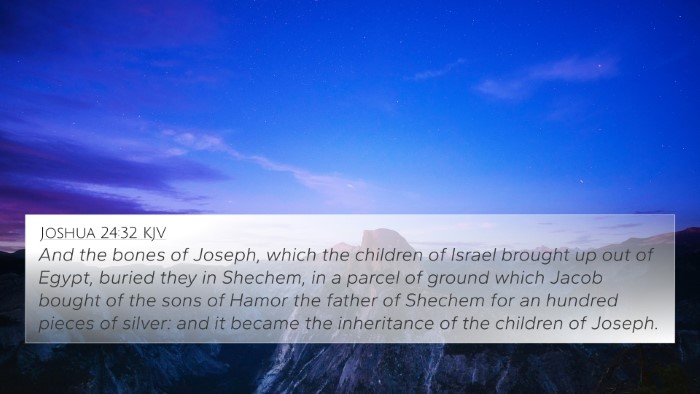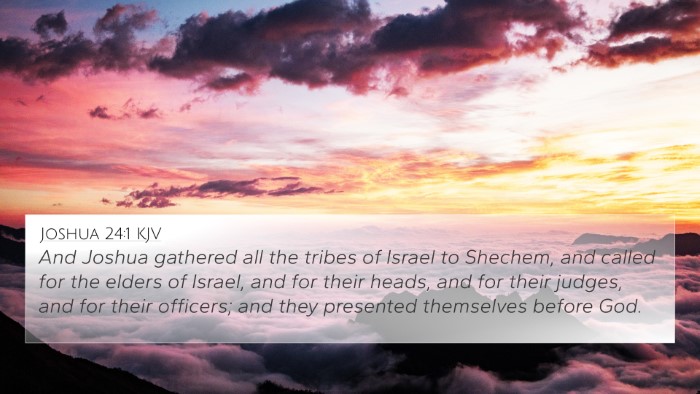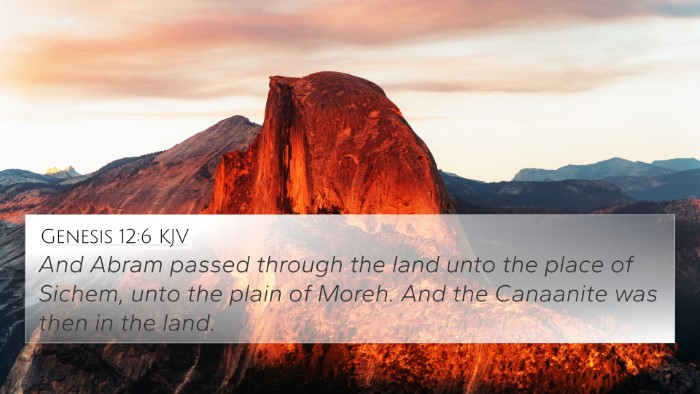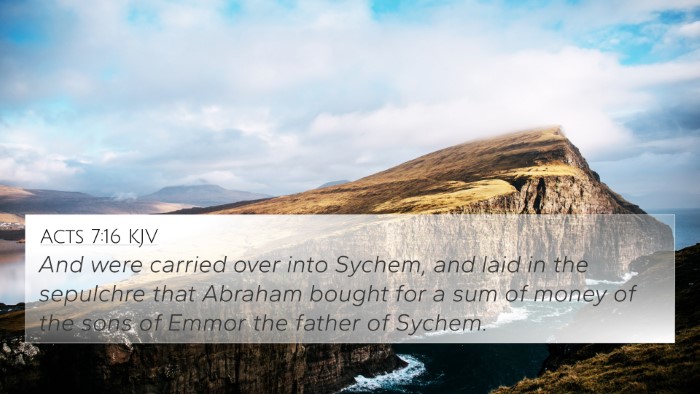Understanding 1 Kings 12:1
In 1 Kings 12:1, we find a pivotal moment in the history of Israel, representing a key transition in the leadership and direction of the nation. This verse sets the stage for significant events that follow, marking the beginning of Jeroboam's reign over the northern tribes. As we analyze this verse, we can draw on insights from various public domain commentaries to provide a comprehensive understanding.
Verse Overview
1 Kings 12:1 states:
"And Rehoboam went to Shechem: for all Israel were come to Shechem to make him king."
Commentary Insights
-
Matthew Henry's Commentary:
Matthew Henry emphasizes the significance of Rehoboam's decision to go to Shechem, noting that this location was not only a central city for Israel but also a place steeped in national identity and history. Henry reflects on the expectation of the people, who desired to crown Rehoboam as king following Solomon's reign. He highlights the unity of Israel, coming together for a critical event in their governance.
-
Albert Barnes' Notes:
Albert Barnes elaborates on the political dynamics at play. He comments on Rehoboam’s early leadership challenges, suggesting that his acceptance by the people depended on his ability to address their grievances. Barnes underscores the importance of Shechem as a traditional site for royal gatherings and proclaims the weight of this moment in shaping the nation's future.
-
Adam Clarke's Commentary:
Adam Clarke provides a thorough historical context, stating that Shechem was once the capital city during the time of the judges. He notes the gathering of Israel as a reflection of their desire for stability and effective leadership. Clarke stresses the implications of this moment, illustrating how the people's choice could set the course for Israel’s unity or division.
Connections to Other Scriptures
This verse finds numerous connections to other biblical passages that provide deeper insight into its meaning and significance:
- 1 Kings 11:30-39: The prophecy concerning Jeroboam and his future role as a leader of ten tribes of Israel.
- 1 Kings 12:16: The people's response to Rehoboam's harsh answer and their subsequent rejection of his kingship.
- 2 Chronicles 10:3-6: A parallel account detailing the assembly at Shechem and the advice Rehoboam received.
- 1 Samuel 8:5: The people's demand for a king like other nations—setting the stage for future leadership issues.
- Proverbs 15:22: The significance of counsel in decision-making, applicable to Rehoboam's eventual choices.
- Galatians 5:15: A New Testament reflection on division among people, which echoes the divisions that arise later in 1 Kings.
- Matthew 20:26-28: The contrast of servant leadership taught by Jesus, relevant to Rehoboam's need for humility.
Thematic Connections
When exploring 1 Kings 12:1, several themes emerge that resonate throughout Scripture:
- Leadership and Authority: The challenges of leadership are central to this passage, reflecting ongoing discussions in the Bible about the qualifications and qualities of those in power.
- Unity and Division: The unification of the people in Shechem is crucial, contrasting sharply with the subsequent division in the kingdom.
- Wisdom and Counsel: The importance of seeking wise advice is foreshadowed and its consequences highlighted as the narrative unfolds.
Modern Applications
As we study 1 Kings 12:1, we can apply its lessons to our lives today:
- Seek Wisdom: Just as Rehoboam faced important decisions, we too should seek wise counsel in our choices.
- Understand Community Dynamics: Reflect on how communal gatherings (like Shechem) influence leadership and decision-making in our own communities.
- Acknowledge History: Recognize how historical contexts shape the present and future of our own lives and societies.
Conclusion
1 Kings 12:1 serves as a crucial turning point in the biblical narrative, encapsulating themes of leadership, unity, and the importance of counsel. Through the lens of commentaries and cross-referenced scriptures, we gain a richer understanding of its implications. The verse invites us to reflect on our own approaches to leadership and community engagement while acknowledging the lasting impact of our decisions.
